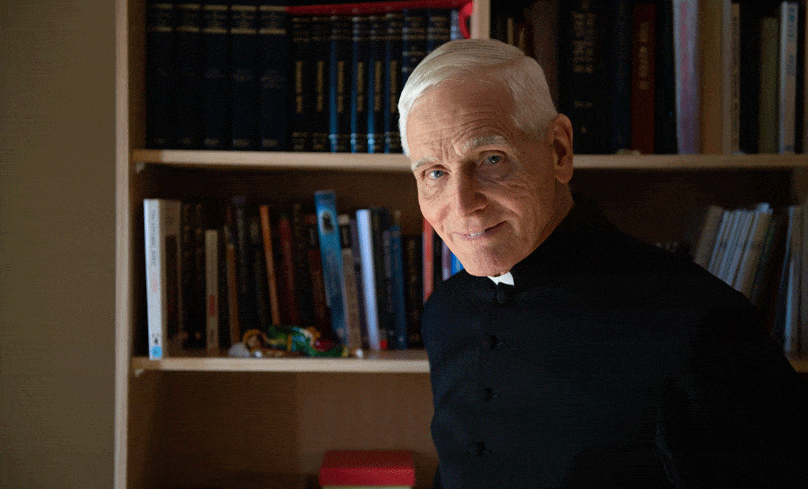
Q&A With Fr Flader: I recently saw the inspiring film A Hidden Life about Franz Jägerstätter, an Austrian who refused to take the oath of allegiance to Hitler during the Second World War and was put to death for it. Can you tell me more about this man?
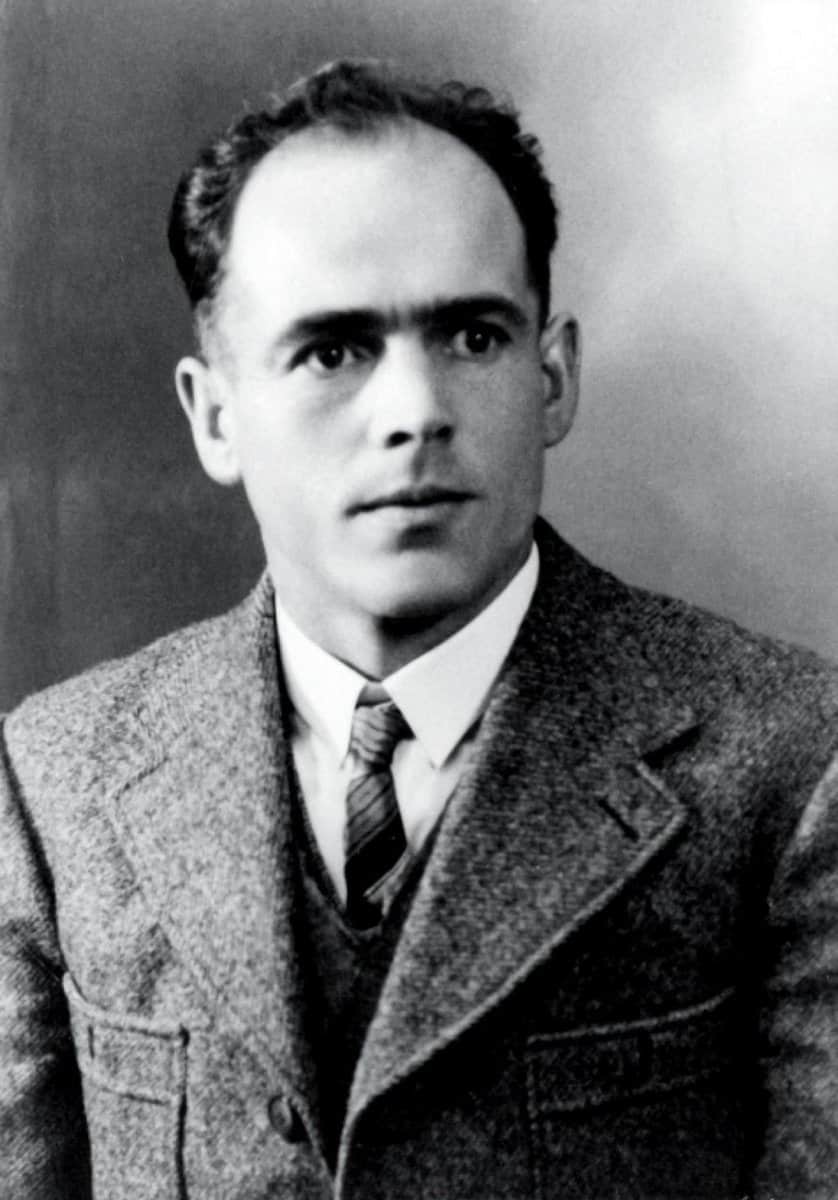
Franz Jägerstätter was born on 20 May 1907 in St Radegund in Upper Austria. His mother was unmarried at the time and he was given the name Franz, after his father. After his father was killed in the First World War, his mother married Heinrich Jägerstätter, who adopted Franz as his son.
Franz received a basic education in his village’s one-room schoolhouse. After school he worked as a farmhand and also as a miner. He was somewhat unruly in his younger years and in 1933 fathered an out-of-wedlock daughter. In that year he inherited the farmstead of his foster-father. He was generally known as an ordinary Catholic who did not draw attention to himself.
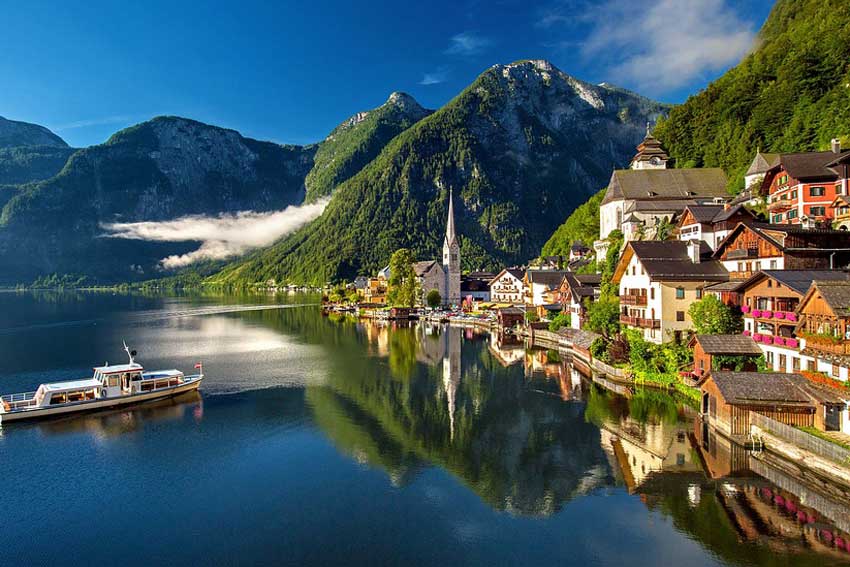
In 1936 Franz married his wife Franziska, a deeply religious woman, and their marriage produced three daughters. In addition to working on his farm, Franz was the sacristan of the parish. Inspired by Franziska, he studied the Bible and the lives of the saints, and he began to attend Mass and receive Holy Communion daily.
When German troops moved into Austria in March 1938, Franz was offered the position of mayor of St Radegund, but he rejected it. The following month he was the only person in the village to vote against the Anschluss, the annexation of Austria by Germany, choosing to follow his conscience rather than go along with the majority. He became ever more anchored in his Catholic faith and put his complete trust in God. In 1940 he joined the Third Order of St Francis.
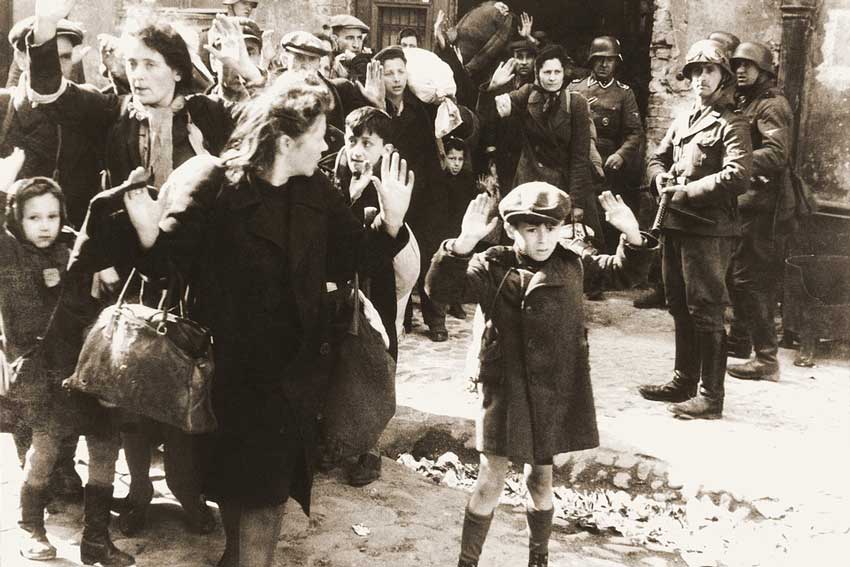
Although he was not involved with any political or resistance organisation, he remained openly anti-Nazi. He had a brief period of military training but was not immediately called into active service, his service being deferred four times. He knew that if he was called up he would, in conscience, have to refuse to take the oath of loyalty to Hitler. Finally, in October 1940, he was conscripted into the German Wehrmacht. He did his training in the garrison at Enns but was able to return home in 1941 with an exemption as a farmer.
With his experience in the military, the attacks on the Church and reports of the Nazi “euthanasia” program, he seriously questioned the morality of the war. He went to Linz to discuss this with his bishop but was saddened by the bishop’s reluctance to confront the issues.

After many delays, he was finally called to active duty in February 1943. At this time the oldest of his three daughters was just six. Once again in the garrison of Enns, he declared his conscientious objection to fighting in the war and offered to serve as a paramedic. The offer was turned down. He was immediately arrested and placed in custody, first in Linz and then, in early May, in Berlin-Tegel. A priest from St Radegund visited him in jail and tried to talk him into serving, but Franz had made up his mind and refused to do so. When he heard the fate of the Austrian priest Fr Franz Reinisch, who had been executed for refusing to take the Hitler oath, he was determined to follow his example.
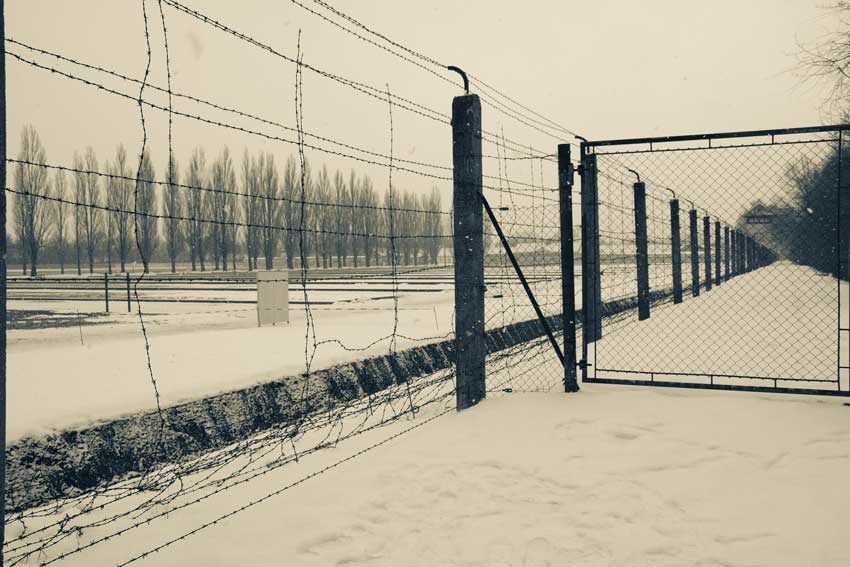
In a military trial, on July 6 Franz was found guilty of sedition and was sentenced to death. On 9 August 1943 he was executed by guillotine in the Brandenburg-Görden prison at the age of 36. Shortly before his death he wrote: “If I must write… with my hands in chains, I find that much better than if my will were in chains. Neither prison nor chains nor sentence of death can rob a man of the faith and his free will. God gives so much strength that it is possible to bear any suffering…. People worry about the obligations of conscience as they concern my wife and children. But I cannot believe that, just because one has a wife and children, a man is free to offend God”. After the war, in 1946, his ashes were buried in the St Radegund cemetery.
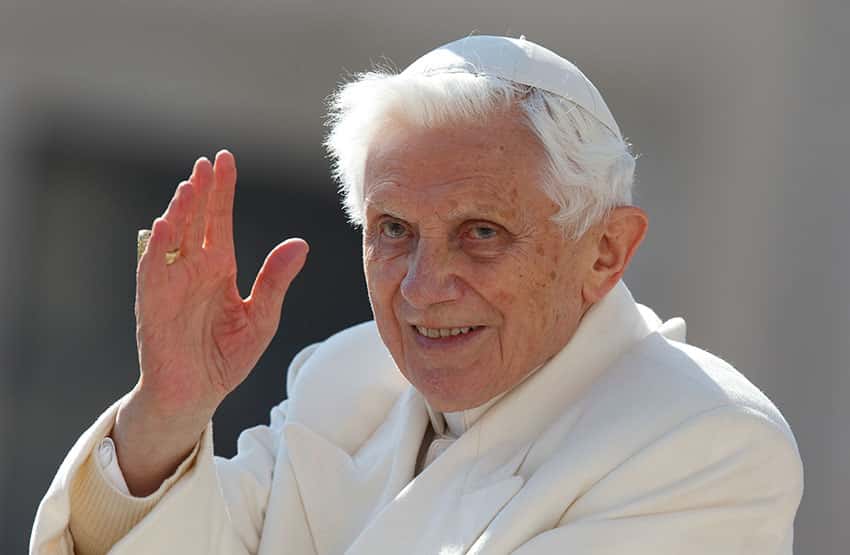
In June 2007 Pope Benedict XVI declared Franz Jägerstätter a martyr and on 26 October of that year he was beatified by Cardinal José Saraiva Martins in the cathedral of Linz. His wife and four daughters were present for the ceremony. Franzciska died in 2013, two weeks after turning one hundred.
Franz’s feast day is 21 May, the day of his Baptism.
Related Stories:
